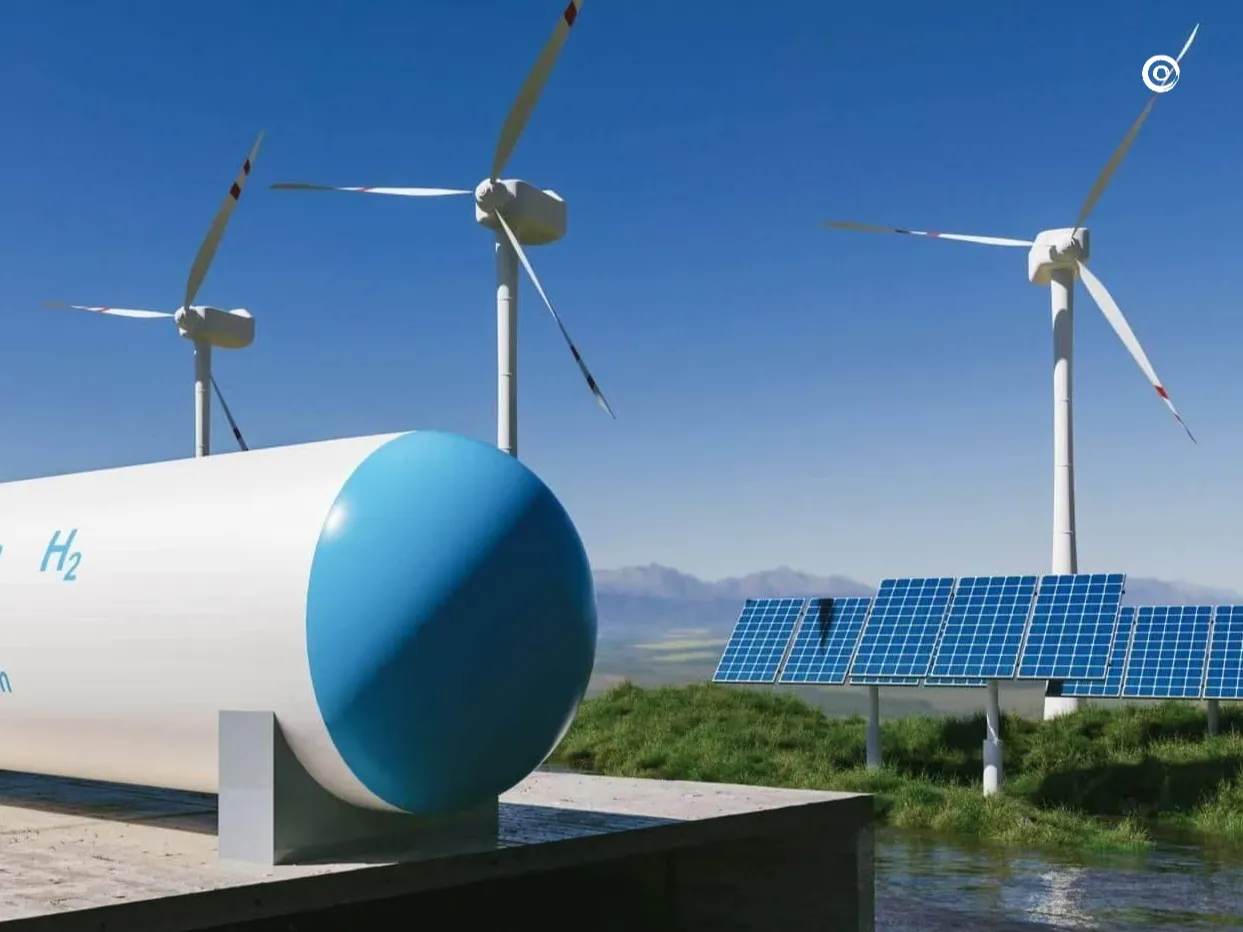
- Digital construction in the future will be the only way to promote China's high-quality development
2021 is the first year of the 14th Five-Year Plan, with a multi-field plan for China’s development in the next five years. The draft of the “14th Five-Year Plan” includes "Accelerating Digital Development and Building Digital China" as an independent chapter, from creating new advantages in the digital economy to accelerating digital development. The pace of social construction, from improving the level of digital government construction to creating a good digital ecology, outlines a new vision for the construction of digital China in the next five years. Among them, focusing on the development of the digital economy, further clarify the development of seven key industries such as cloud computing, big data, Internet of Things, and industrial Internet. By 2025, the added value of the core industries of the digital economy will account for 10% of GDP.
The draft outline of the "14th Five-Year Plan" outlines the construction and development of Digital China in the next five years, and shows real measures for key areas, and points out the direction and path for grasping the development trend of digital transformation and accelerating digital development. The overall driving of the changes in production methods, lifestyles and governance through digital transformation will further cultivate and catalyze new momentum for economic growth, and help social development to create a new situation of quality change, efficiency change, and power change.
During the 13th Five-Year Plan period, China's digital economy has achieved leapfrog development. On the one hand, digital industrialization is accelerating, and new formats and new models such as online education and telemedicine are growing vigorously, stimulating consumer demand. On the other hand, the acceleration of industrial digitization and the in-depth integration of digital technologies such as the Industrial Internet, big data, and artificial intelligence with the manufacturing industry have boosted traditional industries with new vitality.
During the "14th Five-Year Plan" period, China will further strengthen the new engine of digital economy development
The draft planning outline proposes to create new advantages of the digital economy, strengthen the innovative application of key digital technologies, accelerate the promotion of digital industrialization, and promote the digital transformation of the industry.
From the perspective of industry insiders, standing at the new starting point of the "14th Five-Year Plan", the development of the digital economy is the general trend of the new round of technological revolution and industrial transformation, and it is also an important way to promote the high-quality development of China's economy. Xu Xiaolan, member of the National Committee of the Chinese People's Political Consultative Conference and president of the China Industrial Internet Research Institute, said that China's economy is in a critical period of transforming its development mode, optimizing economic structure, and transforming growth momentum. The development of a digital economy and China's accelerated transformation of economic development have formed a historic intersection. Exploring new technologies, new business formats, and new models, exploring new growth momentum and development paths, will promote the transformation of economic development from factor-driven to innovation-driven, and accelerate the creation of a new engine for quality, efficiency, and power changes in economic development.
Zhu Yongxin, member of the Standing Committee of the National Committee of the Chinese People's Political Consultative Conference and vice chairman of the Democratic Progressive Central Committee, said that looking forward to the "14th Five-Year Plan" and beyond, whether it is to promote the optimization and upgrading of industrial structure, accelerate the conversion of new and old momentum, or improve the quality of people's lives, we are required to accelerate the development of the digital economy. How to seize the opportunities of technological revolution and industrial transformation and drive the transformation and upgrading of the industry is the common mission of the current government, industry and enterprises.
In terms of specific content, the draft plan outlines the development of seven major digital economy key industries including cloud computing, big data, Internet of Things, industrial Internet, blockchain, artificial intelligence, virtual reality and augmented reality, as well as intelligent transportation, smart energy, Ten digital application scenarios such as smart manufacturing. In 2025, the added value of the core industries of the digital economy will account for 10% of GDP.
Xu Xiaolan believes that to develop new advantages in the digital economy, it is necessary to accelerate the cultivation of key industries in the process of industrial digitization. Among them, big data, industrial Internet, etc. help promote the digital economy to further extend to more industries and more scenarios in the real economy. It is recommended to cultivate a group of industrial Internet technology innovation companies, system solution providers and operation service providers, and create a group of replicable and extendable development models and typical application scenarios to support the innovative development of the digital economy.
Guo Wei, chairman and president of Digital China Group, said that to promote the construction of "digital China" is to achieve industrial restructuring in all aspects of manufacturing, social management, rural modernization, and enterprise digitization through the transformation of digital technology. One of them is to use Digital technology builds up the information infrastructure, attaching importance to independent innovation of information technology and independent control of the industrial chain; the second is to use big data to fully revitalize data assets; the third is to further support the development of integrated innovation.
Accelerating the construction of a digital society is an important part of building a digital China
The draft planning outline proposes to provide smart and convenient public services, build smart cities and digital villages, and build a new picture of a better digital life.
In the opinion of the deputies, during the "14th Five-Year Plan" period, the process of rural digitalization will be further accelerated, and the construction of digital villages will usher in major opportunities. Wang Mengmeng, deputy to the National People's Congress and first secretary of the Party Branch of Xikong Village, Wuxu Town, Dingyuan County, Chuzhou City, Anhui Province, said that e-commerce consumption is sinking, and the increasing popularity of logistics in the “first kilometer” drives the digitalization process in rural areas. Looking forward to the "14th Five-Year Plan", it is necessary to strengthen overall planning and design, accelerate the research and release of comprehensive reform measures such as fiscal, taxation, land use, and supervision that promote the digitalization of counties and rural areas, and study related measures to subsidize and reduce the cost of informatization popularization and improve the level of informatization in rural areas. At the same time, it will connect with the construction of a national integrated government service platform to create an integrated urban and rural government and people's livelihood services, so that the farmers have more sense of gain.
Zhang Yunyong, member of the National Committee of the Chinese People's Political Consultative Conference and general manager of China Unicom's product center, suggested that the development of digital rural infrastructure should be accelerated around 5G. He said that the rural population density is low, and it is not possible to deploy coverage at the same hotspot density as urban 5G coverage in the short term, and it is still a 5G blind spot. At present, the demand for 5G network coverage in rural areas is increasing, and it is an important task for all operators to provide them with inclusive mobile communication services.
At the same time, the construction of a digital China also needs to create a good digital ecology. The draft plan clarifies specific content, including "establishing and improving data element market rules", "creating a standardized and orderly policy environment", and "strengthening cyber security protection" to further build a digital rule system. .
Professionals said that in the next five years, in order to promote the high-quality construction of Digital China, China needs to coordinate and unify the relationship between standardized management and promotion of development, and accelerate the creation of an open, healthy and safe digital ecosystem. Ma Huateng, representative of the National People’s Congress, Chairman and CEO of Tencent’s Board of Directors, suggested that while enhancing the awareness of opportunities, establish a sense of risk, attach great importance to new contradictions and new problems arising in the development of the digital economy and platform economy, and further promote the government, market, society, and society. Companies form a joint force, actively explore innovative supervision and governance methods, strengthen the concept of corporate social responsibility and compliance development, and share the fruits of digital economy development in the whole society. Editor/Xu Shengpeng
Comment
 Praise
Praise
 Collect
Collect
 Comment
Comment
 Search
Search














Write something~